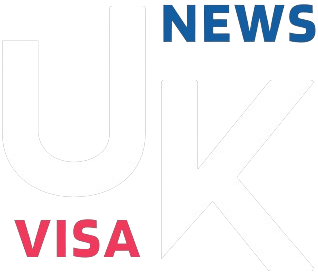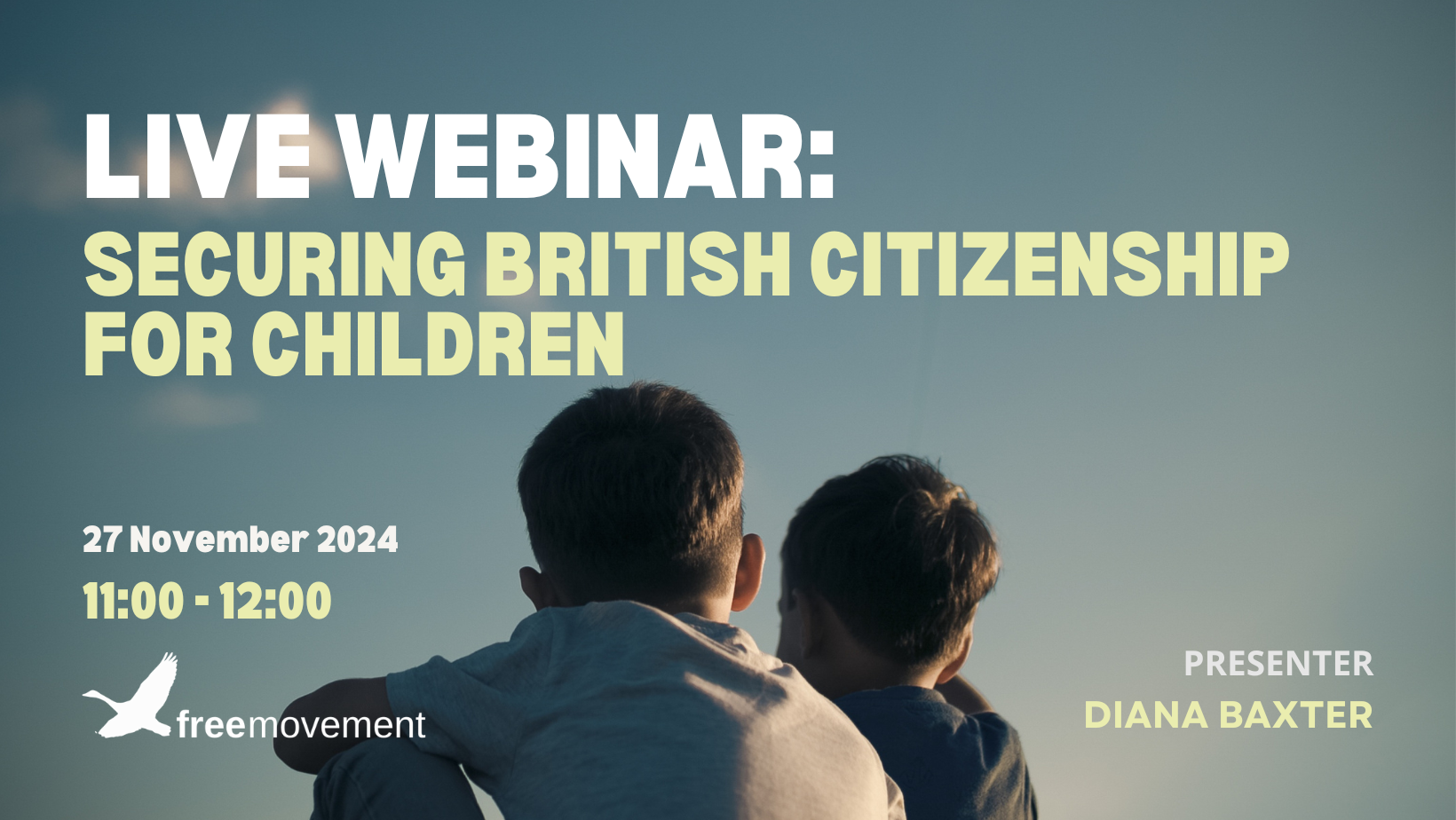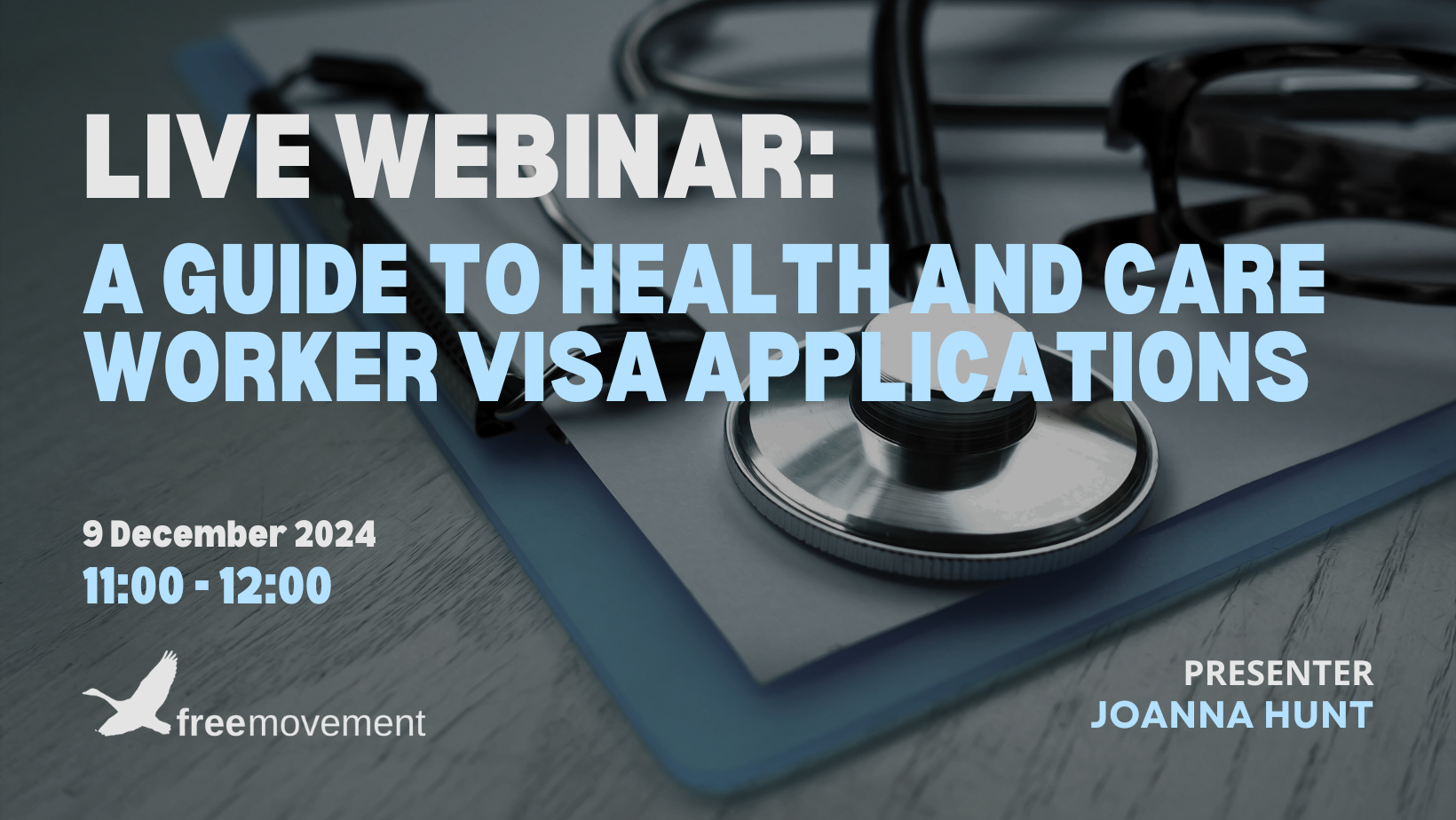By Alexandra Pease – Immigration Barrister
On 9 April 2024, the House Workplace printed new steering for caseworkers dealing with immigration functions impacted by the Coronavirus Extension Concession (CEC) and Distinctive Assurance (EA) Concession. This steering supplies detailed directions on how one can consider functions for entry clearance, permission to remain, or settlement for people who benefitted from these concessions in the course of the Covid-19 pandemic. It additionally clarifies how one can account for intervals the place candidates had pending requests for distinctive assurance in settlement functions. This inaugural version of the steering goals to help these whose immigration standing was affected in the course of the pandemic, particularly those that had been unable to depart the UK because of journey restrictions or self-isolation necessities.
The steering delineates two key intervals in the course of the pandemic: the Coronavirus Extension Concession (24 January 2020 to 31 July 2020, with a grace interval till 31 August 2020) and the Distinctive Assurance Concession (1 September 2020 to twenty-eight February 2023). By offering readability on the applying of those concessions, the steering ensures that people aren’t penalised for overstaying because of circumstances past their management, thereby sustaining their eligibility for future immigration advantages.
On this submit, we take a look at the precise provisions of the Coronavirus Extension Concession and the Distinctive Assurance Concession, illustrating their sensible utility via examples and analyzing how these insurance policies affect subsequent settlement functions.
Coronavirus Extension Concession (CEC) and Distinctive Assurance Concession: Caseworker Steering
The Coronavirus Extension Concession (CEC) and Exceptional Assurance Concession: Caseworker Guidance, printed on 9 April 2024, guides caseworkers on how one can contemplate functions for entry clearance, permission to remain or settlement following a grant of the Coronavirus Extension Concession (CEC) or the Distinctive Assurance (EA) Concession. Moreover, it tells caseworkers how one can contemplate the time interval the place an applicant had a pending request for distinctive assurance in settlement functions. That is the primary printed model of the steering.
The steering supplies additional readability to those that had been affected in the course of the pandemic. That is related to these people whose immigration standing expired, or was because of expire, in the course of the Covid-19 interval and who discovered themselves able the place they may not depart the UK.
The steering acknowledges two phases of the coverage in the course of the Covid-19 pandemic:
- The Coronavirus Extension Concession interval – 24 January 2020 to 31 July 2020 (with a grace interval till 31 August 2020); and
- The Distinctive Assurance Concession interval (together with quick time period assurance) – 1 September 2020 to twenty-eight February 2023.
Coronavirus Extension Concession Interval With Grace Interval
The Covid-19 pandemic was unprecedented and led to a lot confusion and concern for many who had been already within the UK and planning to depart or for these planning to journey to the UK. People had been understandably involved at changing into overstayers; the implications and the hostile setting that include it. Insurance policies had been due to this fact applied on an emergency foundation.
There are variations between the 2 recognized intervals. The Coronavirus Extension Concession robotically prolonged the permission of people who had been within the UK which might have expired between 4 January 2020 to 31 July 2020. The House Secretary, counting on the Immigration Act 1971, has a residual discretion to increase leave outside of the Immigration Rules in sure distinctive circumstances. This concession due to this fact operated exterior of the Immigration Rules.
The Concession recognised that because of the Covid-19 world journey restrictions and/or self isolation, some individuals who had permission had been unable to depart when their permission expired. The Concession recognised that people would in any other case have develop into overstayers in unprecedented circumstances past their management.
The Concession ended on 31 July 2020. There adopted a grace interval between 1 August to 31 August 2020 This era was designed to permit people time to make their preparations to depart the UK. It was clear that people loved the identical situations of their earlier depart in the course of the related interval and weren’t topic to the same old sanctions of overstayers.
The steering reads:
“If their previous conditions allowed them to work, study or rent accommodation they could continue to do so during this grace period, ahead of leaving the UK.”
Paragraph 39E of the Immigration Rules was amended in October 2020 so that any overstaying between 24 January 2020 to 31 August 2020 be disregarded:
39E. This paragraph applies the place:
(1) the applying was made inside 14 days of the applicant’s depart expiring and the Secretary of State considers that there was an excellent cause past the management of the applicant or their consultant, supplied in or with the applying, why the applying couldn’t be made in-time; or
(2) the applying was made:
(a) following the refusal or rejection of a earlier utility for depart which was made in-time; and
(b) inside 14 days of:
(i) the refusal or rejection of the earlier utility for depart; or
(ii) the expiry of any depart prolonged by part 3C of the Immigration Act 1971; or
(iii) the expiry of the time-limit for making an in-time utility for administrative assessment or enchantment in relation to the earlier utility (the place relevant); or
(iv) any such administrative assessment or enchantment being concluded, withdrawn, deserted or lapsing; or
(3) the interval of overstaying was between 24 January and 31 August 2020; or
(4) the place the applicant has, or had, permission on the Hong Kong BN(O) route, and the interval of overstaying was between 1 July 2020 and 31 January 2021; or
(5) the interval of overstaying:
(a) is between 1 September 2020 and 28 February 2023; and
(b) is roofed by an distinctive assurance.
39F. For the aim of paragraph 39E(5), “exceptional assurance” means a written discover given to an individual by the House Workplace stating that they might not be thought of an overstayer for the interval specified within the discover.
The casework steering reads:
“This means people who overstayed during this period would not be penalised for overstaying when the situation was out of their control due to Covid-19, and no immigration enforcement action would be undertaken for these individuals in relation to this overstaying. In accordance with Appendix Continuous Residence, periods covered by 39E do not break a person’s continuous residence.”
Time spent within the UK throughout this grace interval is lawful for the needs of subsequent settlement functions, the place an applicant’s depart expired instantly earlier than, or throughout, the grace interval, and doesn’t break steady residence. That is additionally mirrored in Appendix Continuous Residence.
The steering provides three examples of circumstances the place this might apply, together with the next:
“A student’s permission expired on 31 March 2020, but they were unable to leave the UK on or before that date due to a combination of needing to self-isolate due to COVID illness, and global travel restrictions. The student left the UK on 25 August 2020, during the grace period. The student’s visa/permission is considered to have been extended under the Coronavirus Extension Concession up to 31 July 2020. The time they spent in the UK during the grace period between 1 August 2020 to 25 August 2020 counts as lawful presence and counts toward the qualifying period in any subsequent applications for settlement.”
Distinctive Assurance Concession
Distinctive assurance was launched on 1 September 2020 as an additional manner of coping with journey disruption attributable to the pandemic. It adopted the Coronavirus Extension Concession and the grace interval which had by then come to an finish.
The steering summarises distinctive assurance:
“Exceptional assurance offered individuals a short-term protection against any adverse action or consequences after their permission had expired, where they were unable to leave the UK due to COVID-19.”
A person would request distinctive assurance by emailing the House Workplace Coronavirus Immigration Staff (CIT). You will need to be aware that distinctive assurance didn’t grant any type of immigration permission to people, it simply resulted in safety from adversarial penalties – present or future. If a person was self-isolating as required, or there have been journey restrictions in place a person could be granted distinctive assurance for a interval of ten weeks. If there have been no journey restrictions or different causes, the person could be given a short-term interval of assurance known as a short-term assurance, for a interval of two weeks. The applicant acquired a letter confirming the required date they may stay within the UK till. This allowed the applicant time to make preparations and depart the UK.
These granted distinctive or short-term assurance had been knowledgeable they may apply for permission to remain or depart the UK earlier than the expiry of their assurance. It was attainable for a person to use and be granted a number of consecutive distinctive assurances, between September 2020 and February 2023, till such a time that they had been in a position to depart the UK.
Paragraph 39E(5) of the Immigration Guidelines was amended in order that overstaying in periods the place the individual held an distinctive assurance or short-term assurance can be disregarded and won’t break steady residence.
The steering supplies two examples of how that is utilized.
Counting on Distinctive Assurance or Brief-term Assurance as a Qualifying Interval
In distinction to the sooner place, it is very important be aware that an applicant can’t depend on any intervals with distinctive assurance or short-term assurance to depend in direction of the qualifying interval for settlement on any route.
Additional, distinctive assurance and permission prolonged by section 3C are distinct and completely different ideas. Section 3C is found in the Immigration Act 1971 and extends present permission the place an in-time utility is made, and the present permission expires with out the applying being determined.
Helpfully, the steering confirms that “the time between an applicant’s request for exceptional assurance being submitted and it being granted should be considered as if the applicant held exceptional assurance from the date of request.”
Overstaying
If a person has overstayed after the expiry of their distinctive assurance they are going to be thought of in accordance with the steering, Applications from overstayers, published on for Home Office staff on 05 August 2019.
Contact our Immigration Barristers
For skilled recommendation and help relating to an utility for settlement, contact our immigration barristers on 0203 617 9173 or full our enquiry type beneath.







